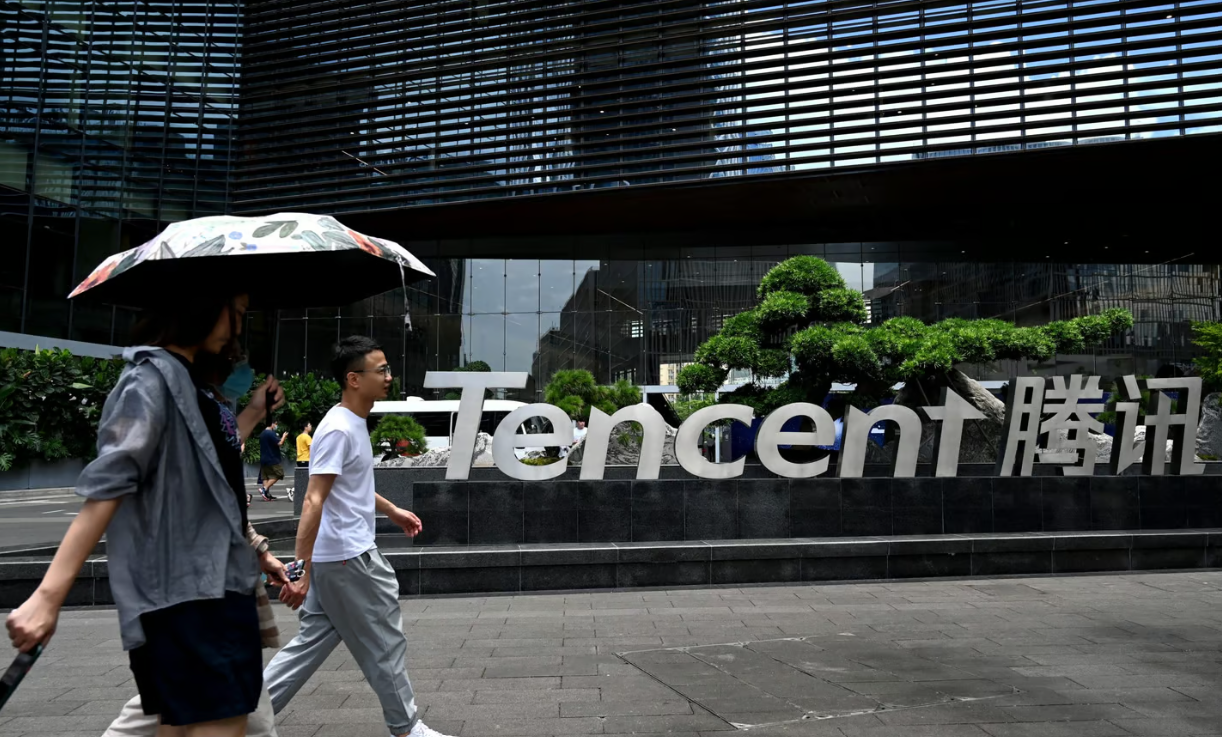In a series of setbacks for the Chinese tech industry, Tencent Holdings, a major player in the sector, reported disruptions to its video streaming service, Tencent Video, on Sunday. This comes just weeks after significant outages at Alibaba Group Holding’s cloud service and Didi Chuxing’s ride-hailing app.
Tencent Video acknowledged the problem, citing “temporary technical issues,” as reported in a post on its official Weibo account on Sunday evening. Users shared screenshots on Weibo revealing error messages such as “failure to retrieve data,” while others reported issues with their subscription plans rendering them unusable. The company assured users that functions were gradually being restored and issued an apology for the inconvenience caused.
Tencent Video, a key player in the Chinese streaming landscape, faces intense competition from rivals such as Baidu’s iQiyi and Alibaba’s Youku. The disruption is particularly untimely as the industry contends with a new competitive threat from the rise of short video platforms.
According to reports, Tencent Video had 117 million subscribers in the third quarter, representing a 2% decrease year-on-year. The service charges subscription fees for premium content starting at 30 yuan (US$4.21) per month. Tencent has not yet responded to inquiries about the current status of the service.
The recent disturbances at Tencent follow similar incidents at Alibaba’s cloud computing unit and Didi’s ride-hailing service. Didi experienced a two-day service breakdown affecting users across major cities, including Beijing, Shanghai, and Guangzhou. The ride-hailing giant attributed the outage to an “underlying system software failure” rather than external attacks.
Alibaba Cloud faced its second outage last month, impacting customers in mainland China, Hong Kong, and the United States. This occurred shortly after a service failure during Alibaba’s Singles’ Day shopping festival, affecting popular apps such as DingTalk, Xianyu, and Taobao.
This sequence of disruptions raises concerns about the resilience of China’s tech infrastructure. Earlier this year, Tencent’s super-app WeChat, with 1.34 billion monthly active users, experienced a breakdown attributed to a failure of “supporting facilities.” The incident prompted the Ministry of Industry and Information Technology to summon Tencent for an explanation and rectification measures.
In a separate move, Tencent announced plans to shut down Moo, a small music streaming service launched in 2018. The five-year-old app, targeting the younger generation with niche music offerings, will cease operations on December 31, closing new registrations next Friday. This move is part of Tencent’s ongoing efforts to consolidate its music streaming businesses, which include Kugou, Kuwo, and QQ Music.
(Source: Iris Deng | SCMP | TechNode)









